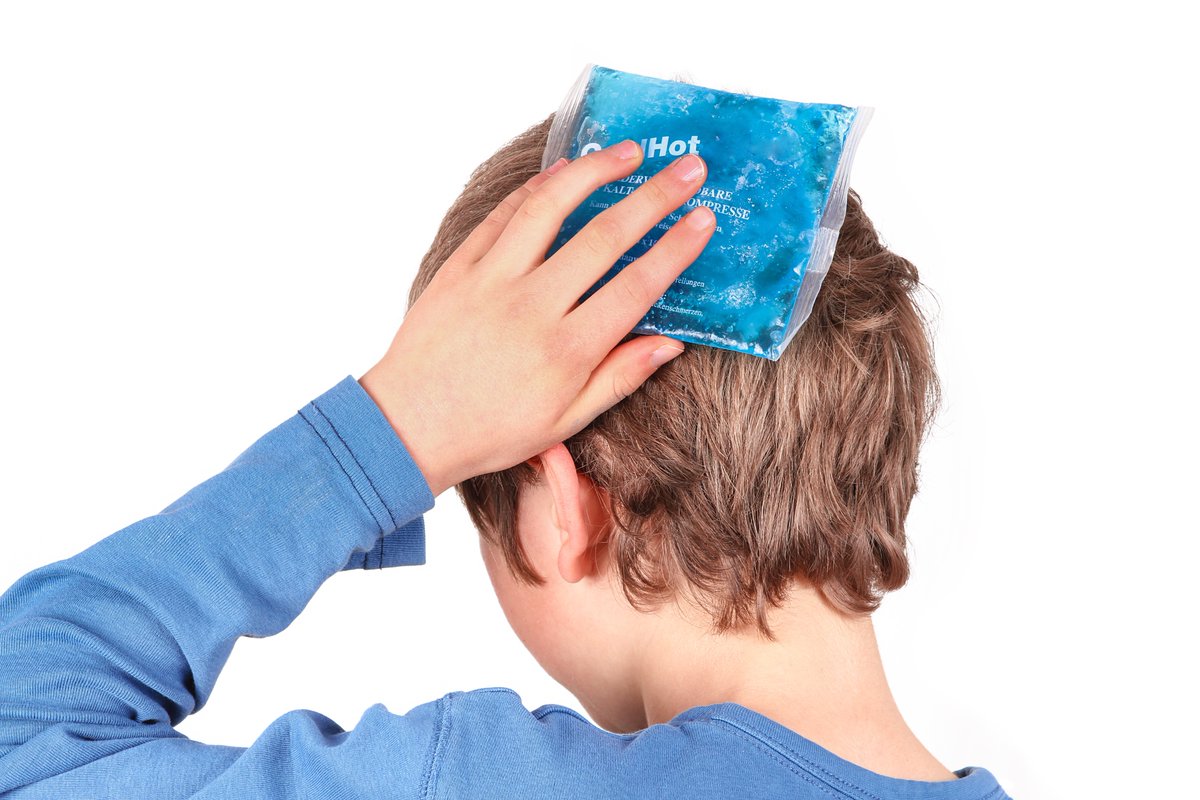
Your child fell and hit his head, no big deal, right? Wrong.
In fact, nothing could be further from the truth. Head injuries are serious business, and it’s critical you take immediate action if you suspect your child has suffered a blow to the head and may have a concussion.
If you don’t take action right away, your child may end up with a permanent disability or even death. Here’s what you need to know.
First, it’s important to know what a concussion actually is. Many people wrongly assume a person must lose consciousness in order to be diagnosed as suffering from a concussion.
While some concussion sufferers do lose consciousness, this is not a necessary symptom.
Mayo Clinic reported:
“You can have a concussion without losing consciousness. Also, a blow to the body that jars the head can result in concussion. Make sure your child’s coach knows if your child has had a concussion. Your child shouldn’t return to play until he or she has been cleared by a medical professional.”
You may be wondering how to tell if your child has suffered a concussion.
While this list is not comprehensive, Kidshealth.org does a good job listing warning signs your child may have if they have a concussion which include:
- confusion, dizziness, or lightheadedness
- clumsiness or loss of balance
- memory loss
- difficulty concentrating
- irritability and other mood or personality changes
- headache
- nausea or vomiting
- loss of consciousness
- blurred or double vision
- sensitivity to light and noise
It is crucial, you take head-injuries seriously. If you are unsure whether your child was hit in the head, take proactive measures and take them to the ER to get checked out by a professional.
One of the most important things you can do is make sure your child has time to rest. Do not rush the healing of a concussion. The brain has been jolted and needs time to regroup.
Mayo Clinic continued:
“Head injuries take time to heal. Children need time to rest until their symptoms are gone, which usually takes several days to several weeks. Children should rest from both physical and thinking (cognitive) activities for a day or two after a concussion and then return to activities gradually as their symptoms allow.
Children who return to school after a concussion may require some classroom adjustments, including a lighter course load or a shortened school day.
If an activity such as reading or jogging causes symptoms, such as headache, the child should take a break, then resume the activity for shorter periods and gradually work up to pre-concussion levels as symptoms improve.
Children can develop complications if they return to sports and other activities before a concussion has healed. Another blow to the head while the initial concussion is healing can occasionally result in longer lasting symptoms or more-permanent damage.
Also, someone who has a concussion is at risk of developing post-concussion syndrome. The syndrome involves ongoing concussion symptoms including headaches, dizziness, fatigue, irritability and difficulty with thinking skills, such as memory and attention. Suffering repeat concussions increases the risk of post-concussion syndrome further.
Researchers continue to study other potential long-term effects of concussions. Having a concussion puts children at higher risk of having another. The effects of repeat concussions over years can multiply.
To protect your child from head injuries, insist on appropriate and properly fitted protective equipment — such as a helmet — during sports and other activities. However, even the best protective equipment can’t prevent all concussions.”
If your child has suffered from a concussion, it can be scary. However, if you are careful to closely monitor your child, and take immediate action, the likelihood of a successful recovery increases.
Finally, be sure to have your child take it easy as they recover. Receiving another hit to the head can be even more dangerous than the first initial hit.
And remember, it may take time for your child to fully recover. Post-concussion syndrome is real, and your child may be a bit hazy during the recovery process.
Did you know how serious a concussion actually is?
What measures do you take to keep your child safe?
Tell us your thoughts in the comments section below.
